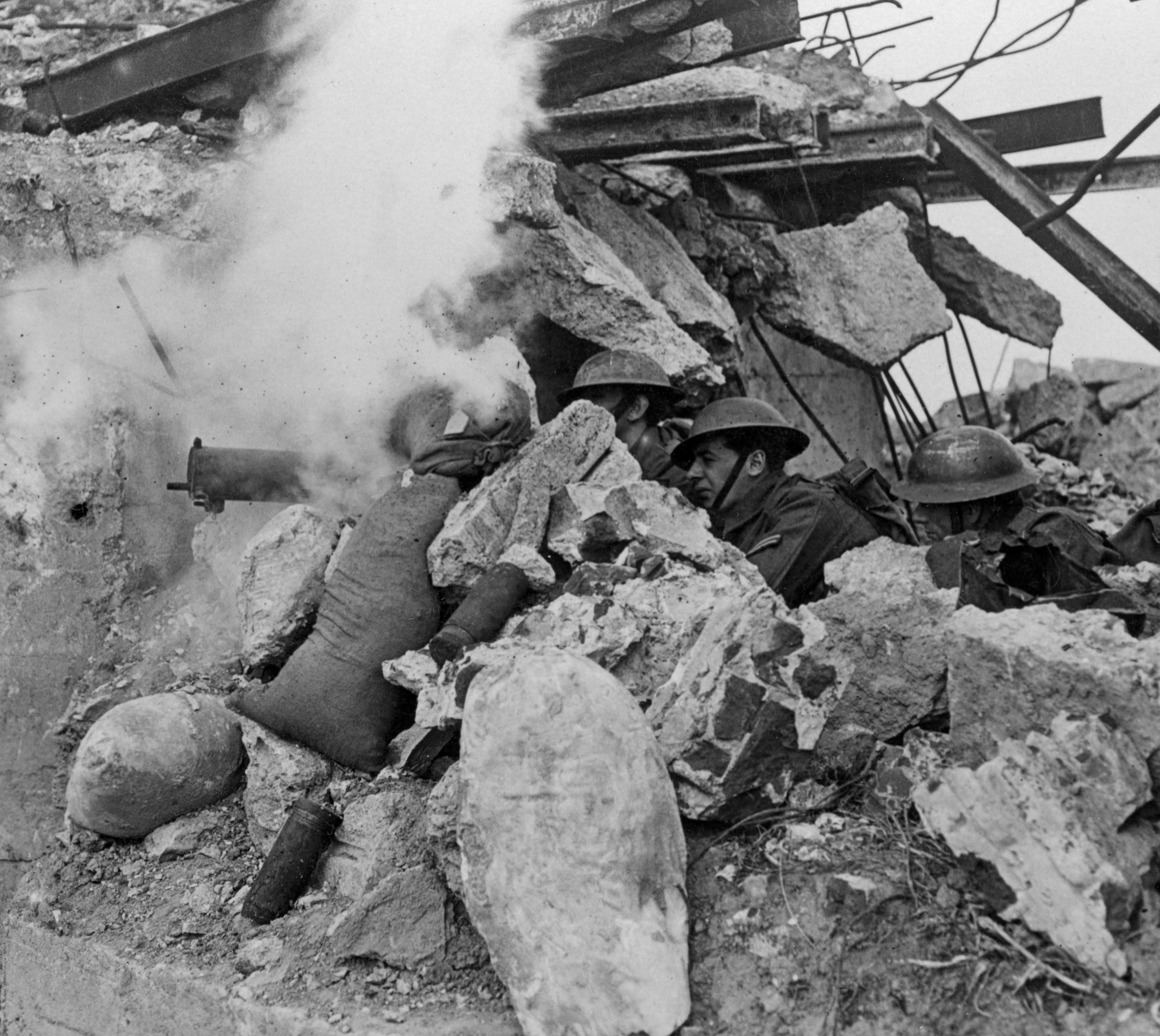“At 9.30 a.m. the message from Battalion Advanced Report Centre reached Captain [Alexander] Craigmile. It read: “Should the enemy counter-attack, go forward to meet him with fixed bayonets. Report on four companies urgently needed.” After reading it to us, he called for a volunteer, saying: “The report Ferdon House needs is a dangerous assignment, let that be clear. There may be no return.” I had done a signaling course and although it bore little relationship to the job at hand, I felt myself under an obligation to the battalion. I volunteered.”
It is this moment, and this story, that Oscar-winning director Sam Mendes, director of “Revolutionary Road” and the Bond films “Skyfall” and “Spectre”, hoped to capture in his upcoming World War I film “1917.” The story was personal. His grandfather, Alfred Mendes, was the man who stepped forward to volunteer.
At the age of 20, Trinidadian-born Alfred would embark on a terrifying solo mission through no man’s land to report on the forward location of three British companies, stretched out along the Belgian town of Poelcappelle. It was this mission that served as inspiration for the film “1917.”
While Mendes takes liberties with his grandfather’s story, the kernel of the account remains, serving as a tribute to Alfred and his fight in the muddy Flanders fields.
During a Variety podcast Mendes stated, “I had a story that was a fragment told to me by my grandfather, who fought in the First World War. It’s the story of a messenger who has a message to carry. And that’s all I can say. It lodged with me as a child, this story or this fragment, and obviously I’ve enlarged it and changed it significantly. But it has that at its core.”
Passchendaele, 1917
Part of the larger Third Battle of Ypres, later known as Passchendaele, the Battle of Poelcappelle was a major Allied attempt to dislodged the German 4th Army. Believed to be on the brink of collapse, British Field Marshal Sir Douglas Haig wanted to maintain pressure on the weakening German lines.
However, the somewhat dry August and September had fallen way to a rainy October. Haig didn’t adjust. Assault troops struggled through the muck and mire for hours to make it to their points of attack. And once there, most men were already spent from the exertion.
In his autobiography, Alfred himself wrote:
The Ypres Salient was a marsh of mud and a killer of men. Walking from Poperinge to the Salient, an area in which countless men, the flower of Britain and Germany, lost their lives, an area into which countless shells plunged destroying whatever tree, plant, bush, or grass there was and left behind a surface of moon-like desolation, many shell craters as traps for sucking in live men and drowning them – to this sector we came in 1917. A heavy mist was settled over the wide expanse of mud, a mist that appeared to be so much of a piece with this primeval land that it could have been there since the dawn of the hominids.
Into this prehistoric landscape Alfred and C Company, attached to the Fourth Division, plunged. Tasked with entering and holding the village of Poelcappelle on October 12, the mist and drizzle of the morning offered some concealment, but not enough to, as Alfred wrote, “halt the massacre as we waded through. We came to a dead stop, flat on our bellies in the gluey mud, frantically wriggling towards a nearby crater…There were two bodies in the crater, mutilated and sprawled in the mud-water, their German uniforms barely recognizable.”
Poor intelligence, lack of communication, and worsening weather doomed the Allied advance from the start. The assault failed that morning and the anticipated counterattack never came. The Allies suffered approximately 11,453 casualties to the 35,000 German, but were nevertheless stymied by the German stand.
In this melee, C Company lost contact with A, B, and D Company and the Battalion Advanced Report Centre desperately needed a report on their location and losses. They needed one man to traverse the blasted landscape, evade snipers and machine gun fire, and make contact with the cut off companies. Despite the odds of failure, or death, Alfred found himself volunteering for the solo mission.
With no identifiable landmarks and shell holes, Alfred would later write:
The snipers got wind of me and their individual bullets were soon seeking me out, until I came to the comforting conclusion that they were so nonplussed at seeing a lone man wandering in circles about No Man’s Land, as must at times have been the case, that they decided, out of perhaps a secret admiration for my nonchalance, to dispatch their bullets safely out of my way; or they have thought me plain crazy.
Within the day Alfred found all three companies and, remarkably, returned to C Company’s shell hole without a scratch. For his bravery Alfred was awarded the Military Medal, surviving to tell “hair-raising experiences that would keep [his] grand- and great-grandchildren enthralled for nights on end.” And now, because of his grandson, the rest of the world.
“1917” is scheduled for a limited release Christmas Day and opens nationwide on January 10, 2020.

